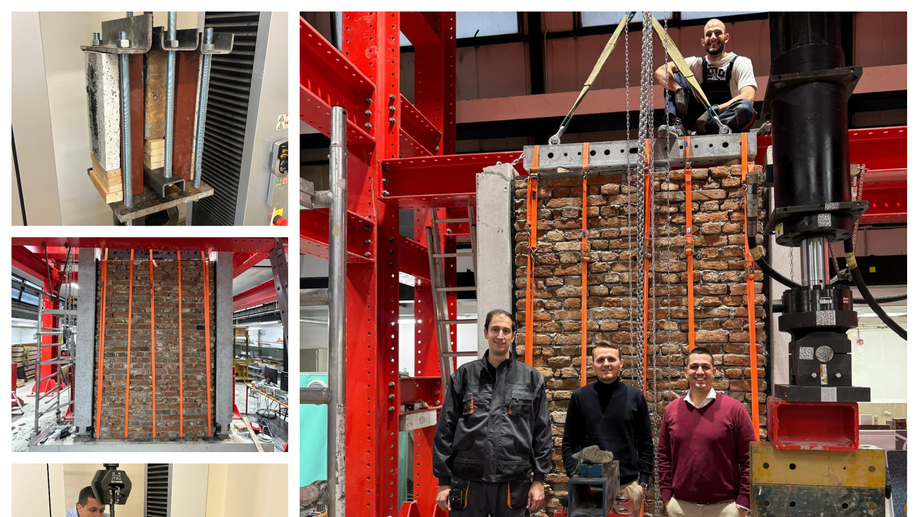
Successfully completed initial tests on decoupled masonry infill within the HORIZON Europe CIRC-BOOST Project
Within the CIRC-BOOST project, funded by the HORIZON Europe Programme (call CL6-2022-CIRCBIO-02-01), significant progress has been achieved in the experimental investigation of decoupled masonry infill of the 3R pilot house. The tests focused on a masonry infill made of reused clay bricks, incorporated within a precast frame, consisting of concrete columns with recycled aggregate and a reused steel beam. The experimental campaign included tests of steel beam-rubber-brick connection, as well as a feasibility test of disassembly and reassembly of the decoupled masonry infill and the precast frame.
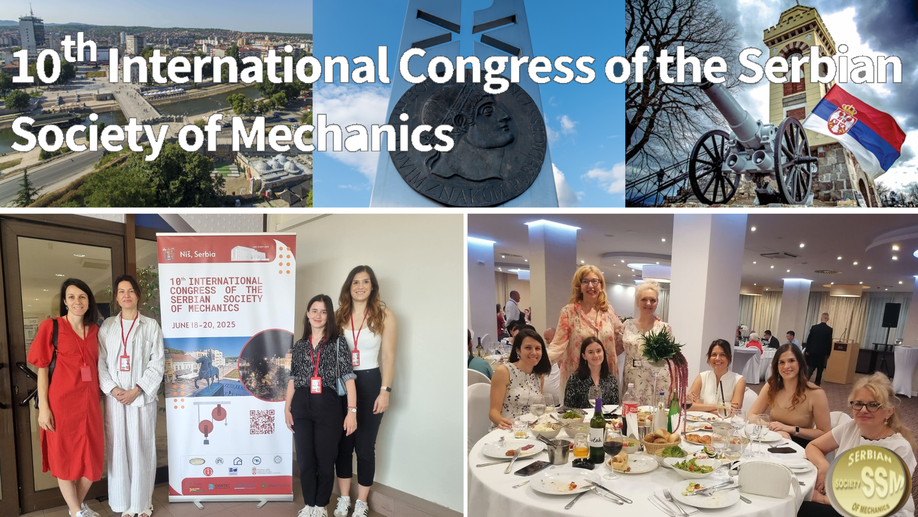
Participation of members of the Department at the 10th International Congress of the Serbian Society of Mechanics
At the 10th international congress of the Serbian Society of Mechanics, held in Niš from June 18 to 20, 2025, the members of our Department achieved notable participation.
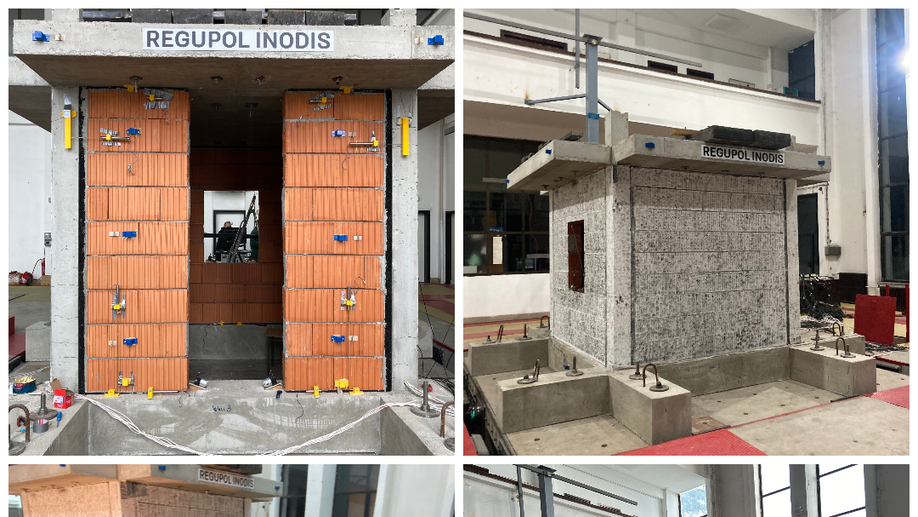
Successfully completed testing at the shaking-table within the Horizon Europe project ERIES-FLEJOI
A comprehensive experimental campaign on RC structure with a masonry infill on the shacking-table was successfully implemented. The tests were conducted within the Horizon Europe FLEJOI project (FLExible JOInts for seismic-resilient design of masonry-infilled RC frames) within ERIES: Engineering Research Infrastructures for European Synergies (2022-2026), funded under the Horizon Europe Framework Program (Ref: 101058684-Horizon-Infra-2021-SERV-01-07). Experiments were conducted in the Laboratory of the IZIIS Institute in Skopje.
Participants in the project: Assist.
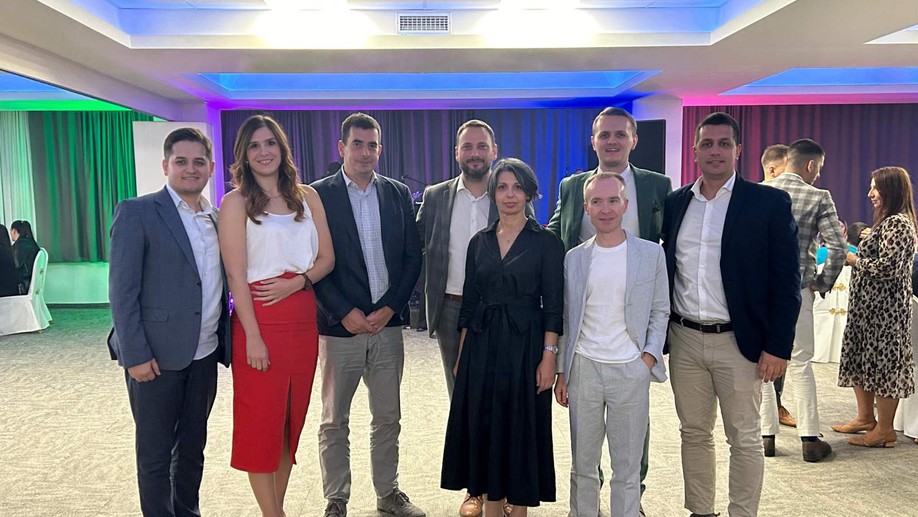
ASES 2024 Symposium
International Symposium of the Association of Structural Engineers of Serbia was held in Arandjelovac during September 18-21 2024. Members of the Institute had a very notable participation.
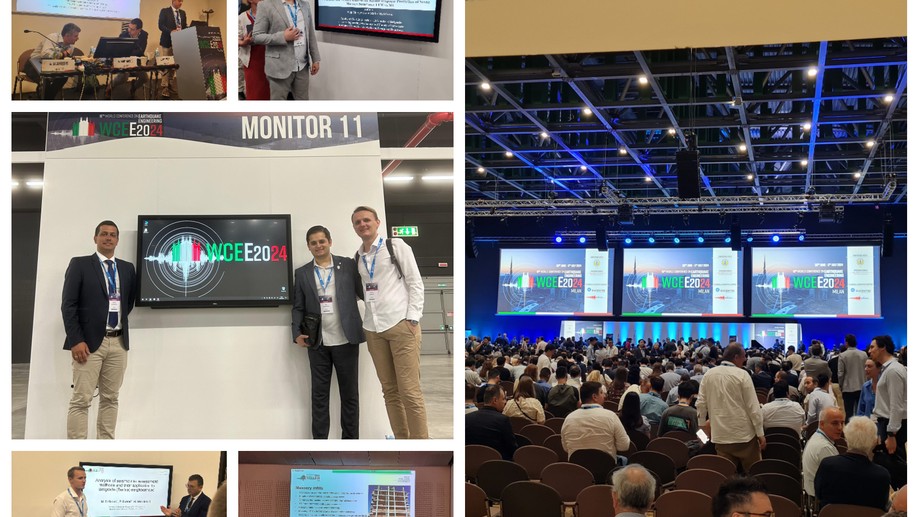
The 18th World Conference on Earthquake Engineering
At the 18th World Conference on Earthquake Engineering held in Milan during 30.06-05.07.2024, members of the Institute had a notable participation.